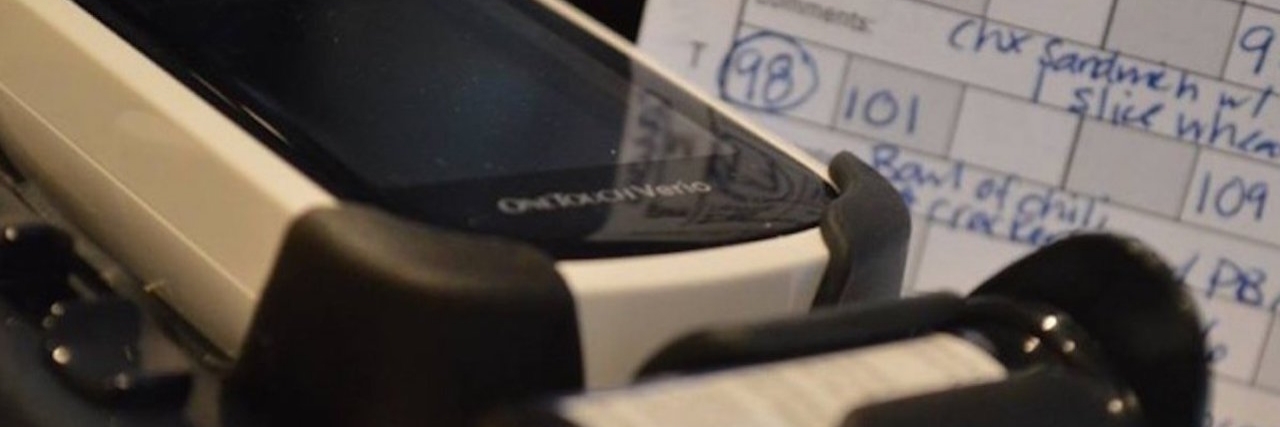5 Tips to Keep in Mind If You’re Facing a Gestational Diabetes Diagnosis
It was 5 a.m. on a Friday when I shuffled into our kitchen.
All I wanted was a cup of half-caff. Instead, I opened the refrigerator door and swigged a syrupy orange glucose drink.
I was 25-weeks pregnant, and this was the day I would get screened for gestational diabetes.
I weaved through traffic with early morning commuters and checked into the clinic. A nurse walked me back to the lab where I sat down, took a deep breath and watched as a lab tech pricked a sharp lancet into my finger.
She squeezed a drop of blood onto a test strip and plugged it into a small black device that would configure my blood sugar levels in a matter of seconds.
“Oh, Shelley,” she said. “I’m so sorry.”
My level was high. So high, in fact, I didn’t need additional testing.
I had gestational diabetes and my pregnancy — my life — would never be the same.
The significant diet changes, scheduled snacks and constant finger pricks were big adjustments for the remaining 13 weeks of my pregnancy, but I’d do it all over again for our daughter.
Here are five tips to keep in mind if you, too, are facing a gestational diabetes diagnosis:
1. Remember this diagnosis is not the end of the world.
Sure, it puts a damper in the cookie cravings, and it’s a bummer you can’t reach in the freezer for a pint of your favorite ice cream. But remember, this lifestyle change is hopefully only temporary, and it’s the first of many times that sweet baby of yours will take top priority.
2. Don’t get discouraged.
If you’ve never had to monitor your blood sugar and now you suddenly find yourself having to prick your fingers and record your levels multiple times a day, it’s easy to feel overwhelmed and discouraged, especially if you’re not getting the results you want.
Gestational diabetes involves a lot of trial and error. What works for some women may not work for others; if you find something that works for an evening snack and fasting levels, stick to it. If it isn’t working, switch it up and try something new.
3. Keep an open mind.
I’m a carb-lover by nature and quite possibly one of the pickiest eaters on the planet. I’d much rather grab a chocolate chip muffin from the local coffee shop than a cup of yogurt or cheese.
Search for new recipes online (Pinterest is a great resource) and keep an open mind when it comes to finding healthier options in the kitchen.
4. Find a support group.
It’s easy to feel isolated during this time because your life revolves around a different diet and strict schedule.
Find other expectant moms in a similar boat who can walk this road with you, or lean on someone who has survived a gestational diabetes diagnosis herself. Surrounding yourself with people who understand can make the world of a difference. And sometimes it’s nice to receive validation from others who can say from experience, “Yes, gestational diabetes can be really hard. But I survived, and you will, too.”
5. Give yourself grace.
You will have bad days. You may wake up with awful fasting numbers. You may feel guilty about eating one too many crackers or apple slices. There will be days you feel frustrated at the thought of eating another slice of cheese or container of yogurt. You may feel like this diagnosis is completely unfair. It’s normal to want to throw your hands up and say, “All I want is a sleeve of Oreos and jumbo bag of peanut M&Ms,” especially if your blood sugar readings aren’t falling into the range you want.
Give yourself grace and permission to feel however you’re feeling. Take the harder days in stride and know there are better days ahead.

